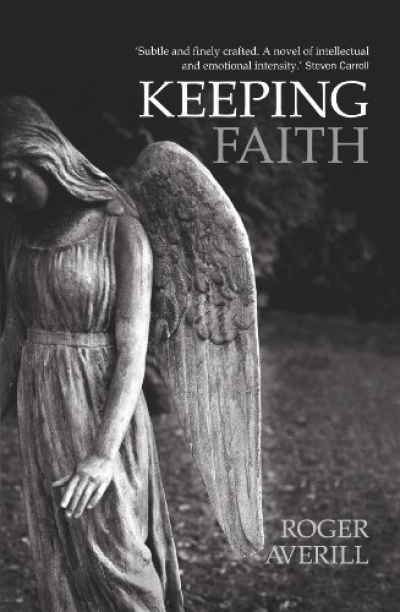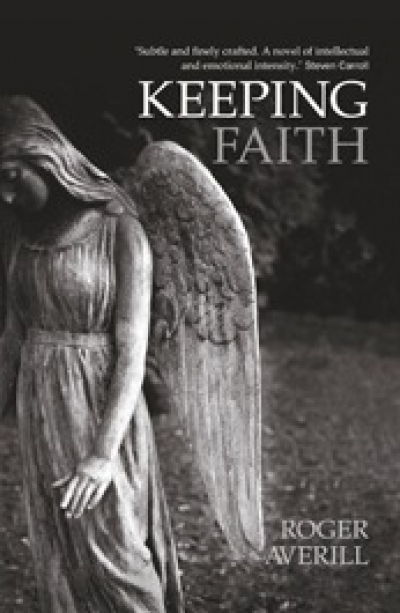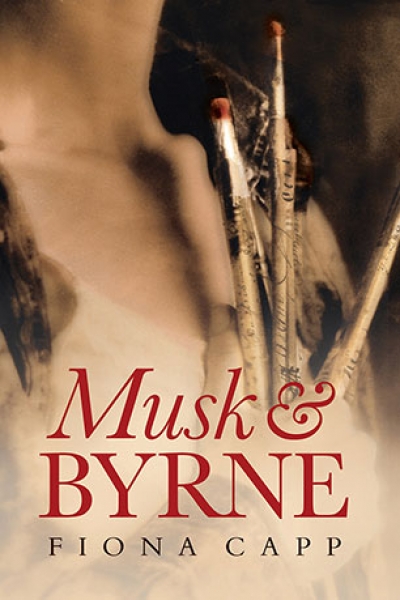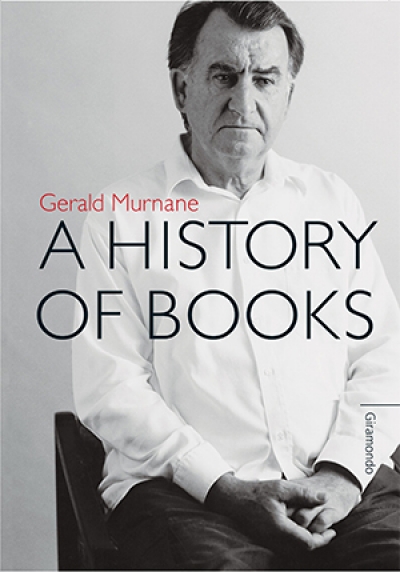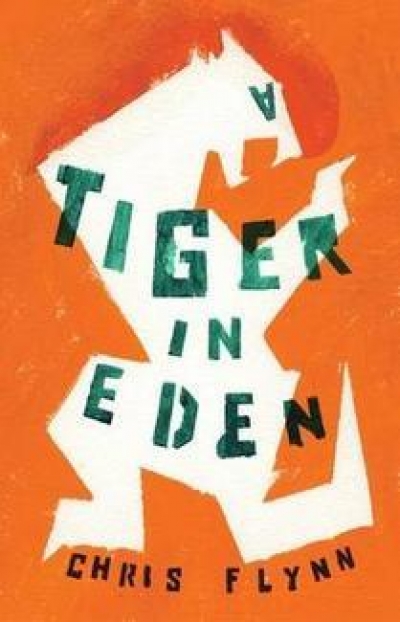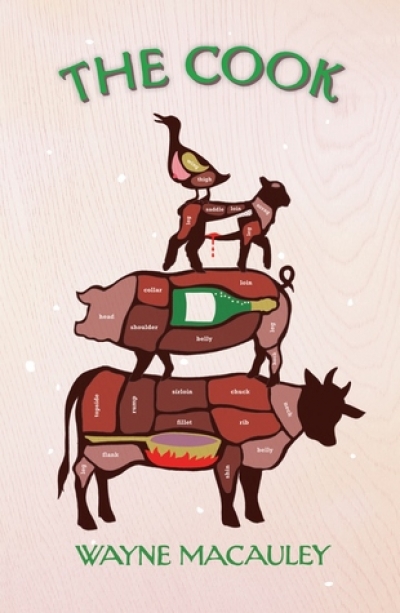Adam Rivett

Adam Rivett is a Melbourne-based reviewer. He contributes to The Slow Review.
Keeping Faith, Roger Averill’s first novel after his non-fiction début, Boy He Cry: An island odyssey (2009), is a quiet and resonant piece of work. Befitting a novel set partly in a labour ward and beginning with a description of a stillborn baby, it proceeds with the knowledge that finding the right words can be difficult. It speaks carefully and tactfully, in a spare language of great focus. ... (read more)
Self-evidently, the short story demands precision. The term ‘short story’ more than likely brings to mind the magazine-length sprint or the rapidly delivered epiphany. John Updike was a master of this demanding form. In his Olinger and Tarbox tales, characters are assembled quickly and sent to their fate with little delay. Never cursory, this was writing performed under haiku-like restraint. I ... (read more)
Pitched awkwardly between mass-market romance and a literary novel, Musk and Byrne is a curious creation. Spending excessive verbal effort on a familiar and rather vacuous plot, the book never finds a satisfactory shape, and finally lacks a true purpose. Never intellectually thorough enough to offer an exploration of artistic identity, and not trashy enough to deliver tawdry thrills, it is both to ... (read more)
The autobiography, that seemingly inevitable act of self-revelation, is frequently a work tricked out with very little art. For the novelist, unlike the anecdote-disposing musician or painter, the problem is doubled: they are making a home with the same tools. Rare is the autobiography that, like Nabokov’s Speak, Memory (1951) or Martin Amis’s Experience (2001), speaks in the voice of the work ... (read more)
For ex-Orangeman Billy, history is a nightmare from which he’s trying to get a good night’s sleep. Haunted by ‘all the bloody faces of Catholic lads I done over and worse’, he’s an exile in Thailand, regularly numbing himself with cheap sex, beer, and the occasional fight. He claims he’s never seen the sunrise sober in his life. Things are about to change.
... (read more)
Wolf Creek, released in 2005, was always smarter than your average slasher. Anchored by a brilliant performance by John Jarratt, the film was harrowing enough to strike the unobservant as another Saw or Hostel, but far more lurked there for those who bothered to look. In acclaimed novelist Sonya Hartnett’s brief but vivid critical study, the film has found the analysis it deserves. In the book ... (read more)
For a work that deals heavily with culinary aspirations, it is going to be hard to review Wayne Macauley’s brilliant new novel The Cook without reference to Masterchef, so let’s get it out of the way early. This year, after each new episode of the television show aired, the assorted snark-addled wits of the Fairfax press gathered online to do their mocking work. The mechanics of the show were ... (read more)
How would Dennis Keith – or, if we’re using the language of legends, DK – characterise it? ‘The Life was this mythic world where you could surf as much as you want, every day, any day, go anywhere [...] Getting waves was everything, every day.’ In Malcolm Knox’s exceptional new novel, this world – with its singular focus, and its sacred ecstasies – is revealed in a language both ne ... (read more)
Writing in the Guardian late last year, Philip Pullman said this of what he regards as the dominant style in contemporary fiction: ‘What I dislike about the present-tense narrative is its limited range of expressiveness. I feel claustrophobic, always pressed up against the immediate.’ This description highlights both the virtues and the flaws in Jennifer Mills’s second novel, Gone. Frequentl ... (read more)

